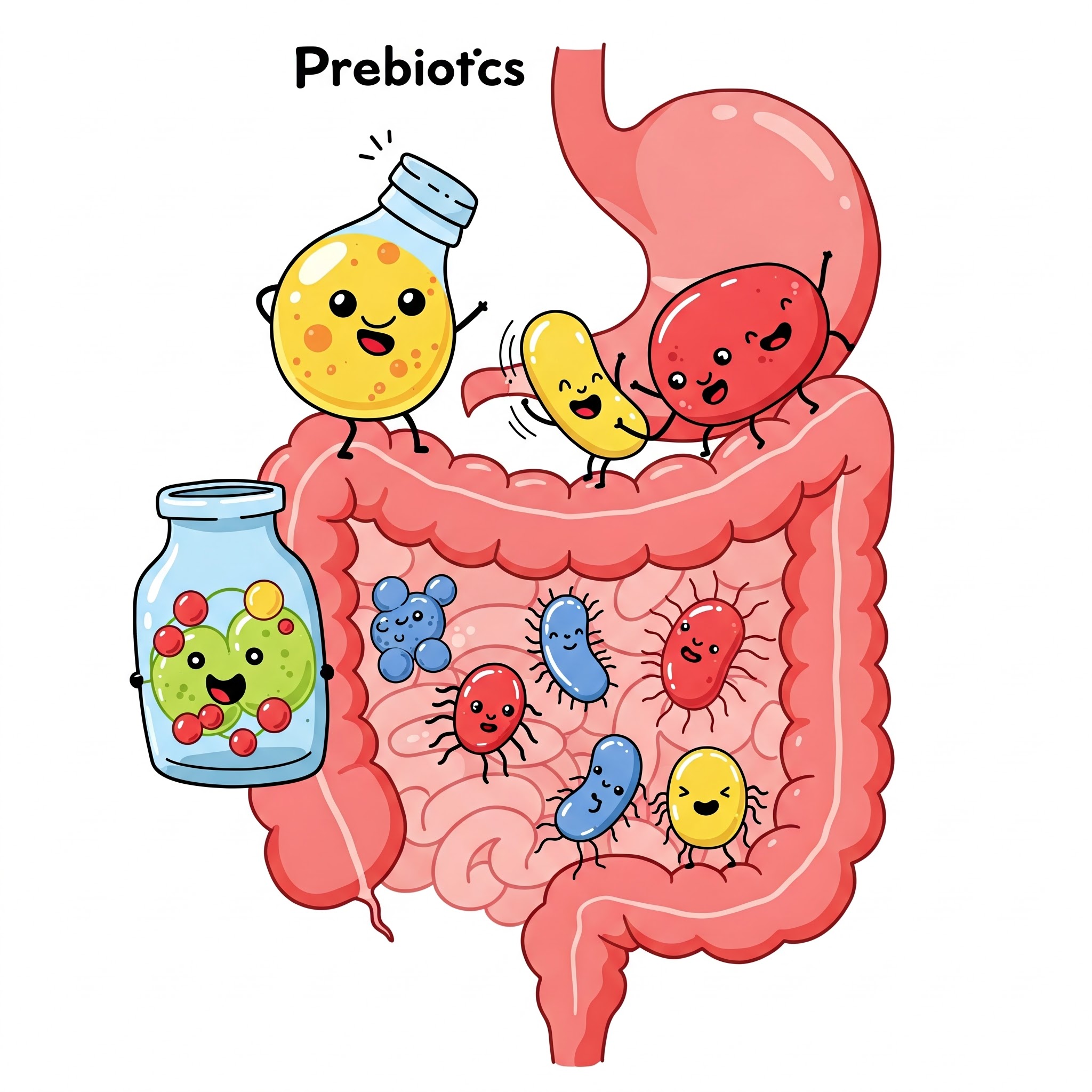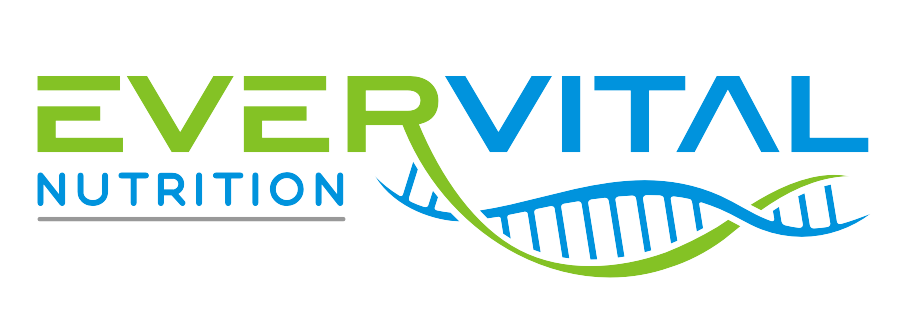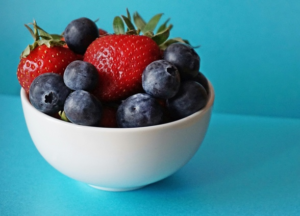
Prebiotics are non-digestible food components that promote the growth of beneficial bacteria in the gut. As a gut health dietitian, I’m here to provide a comprehensive overview of prebiotics and their role in overall health.
Let’s goooo…
What are Prebiotics?
Prebiotics are complex carbohydrates that resist digestion in the small intestine and reach the colon intact. In the colon, that’s your large intestine, they are fermented by gut bacteria, promoting the growth and activity of beneficial species. We talk about feeding your gut bacteria A LOT, and that’s because it’s super important to keep these guys happy. They work to protect you from harmful organisms colonizing your gut and they produce substances like short-chain fatty acids (SCFA) that you need to live a healthy life.
Prebiotics are found in various foods and are also available as supplements. More on that later.
Understanding Prebiotic Ingredients
Several different prebiotics are used in supplements and functional foods:
- Inulin and Fructooligosaccharides (FOS): These are commonly used prebiotics with similar effects on the gut microbiota. Inulin is a mixture of different oligosaccharide chains.
- Partially Hydrolyzed Guar Gum (PHGG): Derived from the guar plant, PHGG is a soluble fiber that readily dissolves in liquids without forming a gel. This makes it a versatile ingredient for adding fiber to various foods and beverages.
- Soluble Corn Fiber: This prebiotic is produced from corn starch.
- Wheat Dextrin: A semi-synthetic prebiotic fiber made from wheat starch. While it may contain trace amounts of gluten, some products are labeled gluten-free (always check the label if you have celiac disease or gluten sensitivity).
Navigating Food Labels
It’s important to note that not all prebiotic fibers are classified as “dietary fiber” on food labels due to current regulatory definitions. This discrepancy can be confusing for consumers. The FDA is working to update these regulations to more accurately reflect the fiber content of prebiotics.
Health Benefits of Prebiotics
Prebiotics offer a range of potential health benefits by supporting a balanced gut microbiome:
- Inulin/FOS:
- Cholesterol: Studies on the effects of inulin and FOS on cholesterol levels have yielded mixed results. More research is needed to determine their impact on lipid profiles.
- Weight Management: Some research suggests that inulin may support weight loss in the context of a calorie-restricted diet, but further studies are needed.
- Blood Sugar Regulation: Inulin may play a role in improving glycemic control, particularly in individuals with type 2 diabetes.
- Digestive Health: While some studies suggest potential benefits for constipation, the American Gastroenterological Association does not currently recommend inulin for this purpose.
- Mood and Mental Wellbeing: Emerging evidence indicates that prebiotics, particularly FOS, may positively influence mood and reduce symptoms of anxiety and depression.
- Other Prebiotic Fibers:
- Galactooligosaccharide (GOS): GOS has been shown to increase Bifidobacteria levels in the gut, which are associated with immune function.
- PHGG: PHGG can increase Bifidobacteria and Lactobacillus levels and promote the production of short-chain fatty acids (SCFAs), which have various beneficial effects in the gut. However, it’s important to introduce PHGG gradually, especially for individuals with irritable bowel syndrome (IBS).
- Soluble Corn Fiber: This prebiotic can increase Bifidobacteria but may also cause increased flatulence.
- Wheat Dextrin: Claims regarding the effects of wheat dextrin on regularity and cravings have been subject to regulatory scrutiny.
Dietary Sources of Prebiotics
Prebiotics can be obtained from various food sources:
- Legumes: Beans, lentils, and chickpeas are excellent sources of prebiotic fibers
- Unripe bananas: Contain small amounts of inulin
- Garlic: Promotes the growth of Bifidobacteria, a beneficial species that we love
- Onions: Contain inulin
- Asparagus: Another inulin source
- Jeruselum artichokes: Also known as sunroot or sunchoke, these are high in fiber and may help prevent type 2 diabetes and non-alcoholic fatty liver disease
- Oats: Contain beta-glucan fiber, resistant starch, and phytochemicals that act as prebiotic fibers
- Apples: Contain pectin, a prebiotic that helps feed beneficial species and helps to inhibit the growth of harmful species.
Cooked red apples with the skin are particularly effective at helping to regrow Faecalbacterium prausnitzii. So if you’ve done a gut health test, and you know you are low in this beneficial bacteria, get cooking! If you haven’t done a gut health test yet, what are you waiting for? Check out the benefits here.
Prebiotic Supplements
It is not clear that any prebiotic fiber is better than another. All can “feed” bacteria in the gut, and may, therefore, provide similar advantages.
One of our favorite prebiotic powders that is organic and contains natural fibers is Hyperbiotics Prebiotic, with prebiotic fiber blend containing 7 grams of organic acacia fiber, organic Jerusalem artichoke fiber, and organic green banana flour.
We also love SunFiber for its simplicity and ease of use. Grab our favorite SunFiber here with our discount => right here
Important Considerations for Prebiotic Consumption
- Dosage: Typical dosages of prebiotic supplements range from 2 to 4 grams per day.
- Fiber Labeling: Be aware that the “Dietary Fiber” content listed on product labels may not fully represent the amount of prebiotic fiber present.
- Gastrointestinal Effects: Prebiotics, especially in higher doses, can cause gas and bloating, particularly in individuals who are not accustomed to a high-fiber diet or those with IBS. It is recommended to increase prebiotic intake gradually to minimize these effects. Like really slowly.
Prebiotics are important nutrients that support a healthy gut microbiome. By promoting the growth of beneficial bacteria, prebiotics contribute to various aspects of health, including digestion, immunity, and potentially even mood. A balanced diet rich in prebiotic-containing foods, or the judicious use of prebiotic supplements, can help support a thriving gut ecosystem. And that’s what it’s all about, right?
Gut Health Diagnosis At EverVital Nutrition
Are you struggling with symptoms of gut inflammation like diarrhea, cramping, or bloating? Gut inflammation is a common health concern that can be short-lived or chronic, depending on the underlying cause. Many people suffer from chronic gut inflammation due to poor dietary habits and bacterial overgrowth.
At EverVital Nutrition, we use specific diagnostic tools to determine your level of gastrointestinal overgrowth, digestive function, and inflammation. It’s a comprehensive gut microbiome test, rather than a guess.
To learn more about gut inflammation and get on the path to healing, contact us today.











